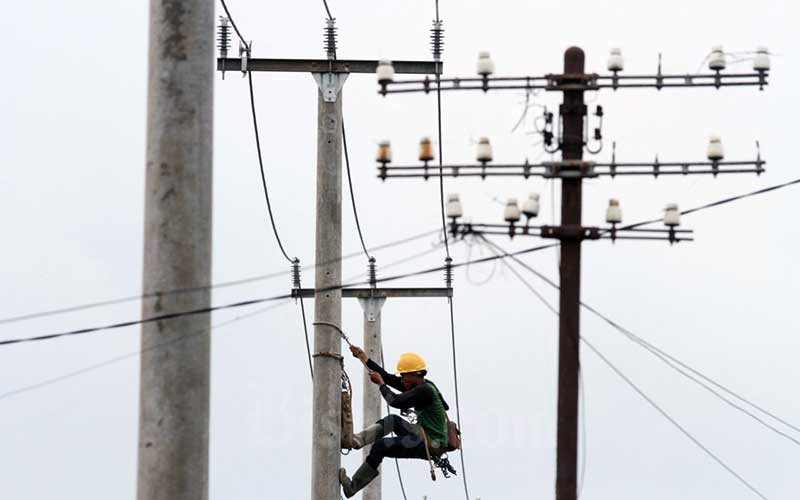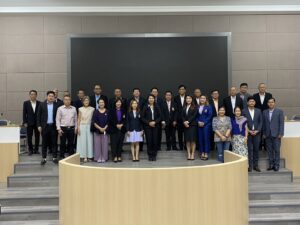[ad_1]
Hopolang Mokhopi
THE government recognizes the need to engage the diaspora to contribute to Lesotho’s development through various forms of capital, skills, networks, technology and investments, Foreign Affairs and International Relations Minister, Lejone Mpotjoane, has said.
It has therefore developed several instruments and policy frameworks to court the Basotho diaspora. These include a diaspora engagement policy, remittances strategy and provision of dual citizenship as a way of facilitating diaspora participation and inclusion in economic growth.
The government is being assisted by the International Organization for Migration (IOM) and the United Nations Development Programme (UNDP) to facilitate diaspora engagement and attract diaspora investment.
It has made progress in developing policies and establishing institutions to address migration and diaspora issues, such as the National Consultative Committee on Migration and Development (NCCMD) and the Diaspora Directorate, the minister said.
However, there were still gaps in conveying the message and engaging the diaspora.
To bridge those communication gaps, the government and these strategic partners had developed the Diaspora Communication Strategy to strengthen the coordination role of the Diaspora Directorate and create the space for the diaspora to share knowledge, interact on all matters pertaining to their linkages with Lesotho as well as networking amongst themselves.
Minister Mpotjoane led the launch of the Basotho Diaspora Communication Strategy and the?Basotho Diaspora Online Platform?on Wednesday at the UN House in Maseru.
Mr Mpotjoane said?their intention was to re-define, and improve the engagement, communication, outreach events and networking between the government and the Basotho diaspora community.
“Both the Basotho Diaspora Online Platform as well as the Diaspora Communication Strategy will significantly bridge the gap amongst the members of the diaspora, as well as the vacuum between the government and the diaspora community,” said Mr Mpotjoane.?
He said it was only in December 2023 when the government held the first ever Diaspora Homecoming event which attracted a significant number of diaspora members from various countries, as well as good participation from local institutions at all levels.
“Today, we are launching the Basotho Online Platform which aims to widen the scope of interaction between the Basotho diaspora through a structured and organized approach. But most importantly, we are doing it in a manner that matches today’s technological needs of conveying the message timely to many recipients with just a click of a button.
“We are truly excited to witness these technological developments which also talk to our second National Strategic Development Plan commonly known as NSDP II in which technology and innovation form part of the national priorities,” he said.
He said Lesotho had made some significant strides towards diaspora engagement.
“Lesotho has over the past five years achieved: the passage of dual citizenship by the parliament, the development of Diaspora Policy by the Ministry of Foreign Affairs, the establishment of Diaspora Directorate by the Ministry of Foreign Affairs, the formation of Basotho Diaspora Association by the diaspora community, and most importantly, the mainstreaming of migration and diaspora issues into the NSDP II by the Ministry of Finance & Development Planning,” he said.
For his part, the acting head of IOM Lesotho, Masoai Dennis, said the?diaspora in the global context represented “agents of change” who enabled development in countries of origin, transit and destination.
“The diaspora can contribute to the sustainable development goals (SDGs) through; remittances to local businesses and communities, investment capital towards SDG –aligned national priorities, expertise and knowledge production for tailored solutions and transfer of skills, ideas, practices and know-how for sustainable development,” said Ms Dennis.
The President of the Diaspora Association (BDA), Halieo Lelosa, thanked Mr Mpotjoane, saying he had played a pivotal role in the establishment of the BDA.
“We are a bridge between the Basotho diaspora and the important key stakeholders. We often use the analogy of a four-legged table. The first leg represents global diaspora, the second leg represents committed government, the third leg represents international organisations such as IOM and UNDP, and the last?leg represents the investment facilitators whether in the private sector or parastatals,” said Ms Lelosa.
[ad_2]
Source link




